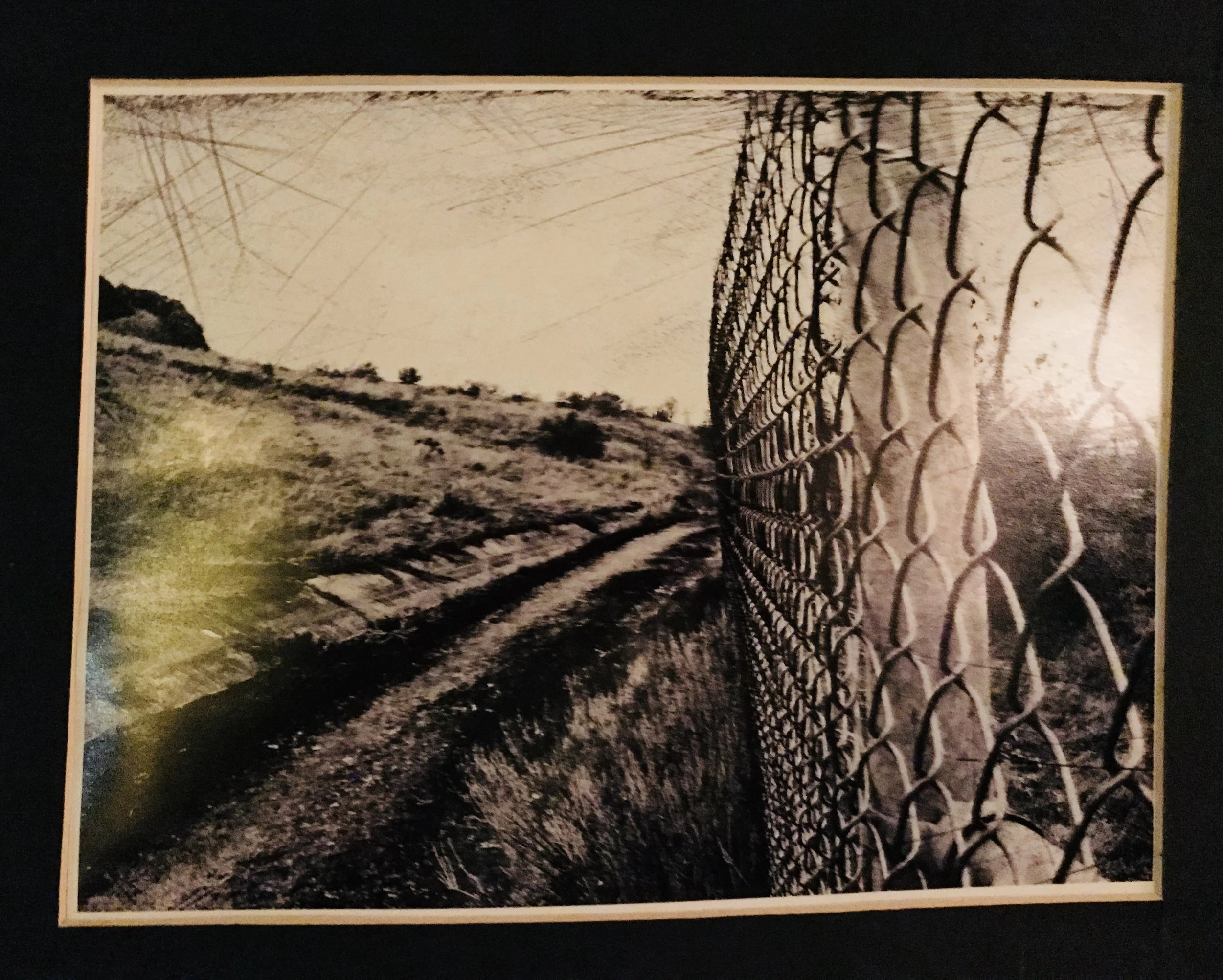Isabelle S.
20559660
Life is about new beginnings. I feel it almost every day, as a deep truth in my bones. I’m particularly prone to think about this when I travel, when I’m around other people with no real agenda of my own. It’s almost like a solitude that covers me, that washes over me and keeps me afloat. It’s neither happy nor sad, nor necessarily ambivalent. It just is.
This is one of the greatest lessons I learned from Coffee Creek: life can take everything from you, and yet there is something you can never lose. Time after time I saw people find this thing within them, find this spark that kept them going, and yet I know from experience how many people lose this when they leave. They turn back to old lifestyles, to drugs, to people who may as well be a drug, for what they do to others’ lives.
I don’t believe it’s the individual’s fault. Some things are their responsibility, but we have built a system centered on capturing people, renouncing their identity, and covering them with shame. We leave them alone, and, when they’ve been alone for enough time, we put them right back where we found them, on the corner of a dirty intersection downtown. We provide some food and shelter, depending on the county and the circumstances of the crime.
Am I right to think this is bizarre? And yet I never saw such beauty as I did in Coffee Creek. I never saw so many amazing individuals, most of us deeply flawed or scarred in many ways, yet so desperately seeking to create something meaningful, because otherwise, how could we survive?
So, when I travel, I think about this beauty that I felt - I feel it, because it is a part of me. I feel the rawness in my soul that came from having everything taken away from me, with the exception of the truest, deepest spark in me. And, I’m not even sure I would have seen it, or recognized it, had I not had the people around me to nurture it. People with the wisdom and compassion to see past human bullshit and human fear, and nurture what was really driving me to continue living.
People who don’t find this die. I’ve also seen this happen. They look to be alive, they walk, they function, and they carry a heavy, heavy sense of despair, anger, resentment. They find any reason to keep retreating inwards, because the world is unfair, and we’ve been hurt so much. Being human, we have both of these things inside ourselves. Being human, I retreat and lash out and feel despair, at times. But at least I know this other thing - at least I’ve been shown another way.
The greatest tragedy of our prison system is to see so many people with so much potential, and to see very little done to encourage it, and to bring it to life. It isn’t enough to tell someone that they have a problem, and that they should fix it. We all need to be shown how to do it, don’t you think? And here’s a prime situation for it - a dorm full of 150 women, a cell block with 50 eight by five foot rooms, full of people that have nowhere to go and an aching sense that there could be something better.
You don’t go to prison thinking you’ve done alright in your life. Even people who outwardly boast about their crimes, inwardly, in some way, know they’re fooling themselves, or think there is no other life for them. They certainly won’t recommend it to you. When I first landed in jail, every single drug addict there was, at the same time that they’d be praising their drug, telling me to get off mine. I was too young, they said, they started that way too, and they would change it if they thought they could.
If they thought they could.
Why don’t we take it upon ourselves to show people the kind of life they can build, who might not know otherwise? I came from a background of such deep depression that I couldn’t see past my own nose. I didn’t know I could be happy. I didn’t know there was anything worth working for. Now I do.
The writer underwent two years at Coffee Creek Correctional Facility in Oregon, convicted for charges directly related to an active drug addiction.




